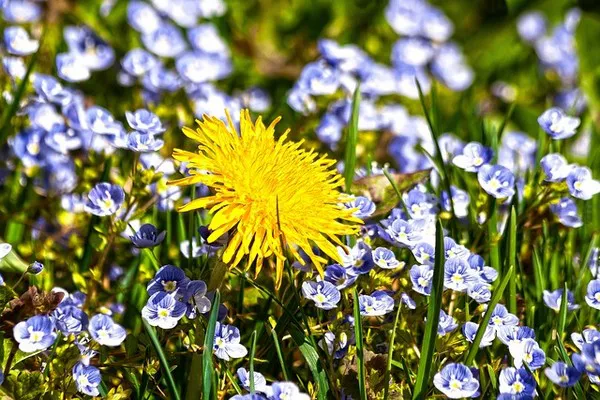In the intricate world of plant biology, microorganisms that reside on or within plant tissues create what is known as a plant microbiome. This microcosmic world at the interface of plants and microbes is vital for the survival of plants due to the existence of beneficial microorganisms. It has been observed that plants grown in varying environments can develop similar microbiomes or undergo changes over time, influenced by environmental factors. This complex community of microorganisms assembles and evolves through a dynamic exchange of signals between the host plant and its microbial inhabitants.
In a recent study, researchers employed a combination of computational approaches to gather and sift through a vast amount of data, unveiling new mechanisms governing plant-microbe interactions. These mechanisms were subsequently validated through experiments, leading to the discovery of a host transport mechanism and a chemical signal that significantly influences the colonization of plants’ roots by beneficial bacteria.
The research findings have been published in the journal Current Biology.
Across the diverse spectrum of life forms, microbiomes are formed through intricate dialogues between host plants and their microbial partners. This study contributes valuable insights into these dialogues, shedding light on a unique mechanism by which host plants transport a molecule that impacts microbial colonization of their microbiomes.
The research approach involved filtering extensive datasets through experimental means, offering a method to identify new chemical signals effectively. Understanding these signaling molecules, which play a pivotal role in enhancing the colonization of beneficial microbes, will open new avenues for scientists to explore innovative methods for helping plants resist pathogens and mitigate the effects of environmental stress.
To identify microbial taxa within any sequence dataset, researchers constructed kmer profiles from publicly available sequenced genomes. Leveraging these kmer profiles in conjunction with their ParaKraken codebase, which was executed on the Summit supercomputer at the Oak Ridge National Laboratory, they meticulously analyzed meta-transcriptomic sequencing data obtained from leaf and xylem tissue from around 500 Populus trichocarpa genotypes grown in a common garden.
This novel approach allowed the researchers to identify thousands of microbial species inhabiting these plant tissues. They used the abundance of each species as a phenotype for a genome-wide association study, unveiling the plant genes likely affecting the colonization of individual microbial species. The outcome was a comprehensive understanding of the processes employed by host plants to select specific microbial species within their microbiome.
Remarkably, the researchers discovered that two different microbial species were influenced by the myo-inositol transporters in plant xylem tissue (stem). To delve deeper into this discovery, they employed Arabidopsis thaliana, a model plant species, where the myo-inositol transporters had been deleted in specific lines. They compared the colonization levels of Arabidopsis seedling roots in these knockout lines to a control group containing the intact genes in a laboratory-based assay involving agar plates.
The results were compelling, as Arabidopsis lines lacking myo-inositol transporters exhibited significantly reduced colonization levels. Intriguingly, when myo-inositol was reintroduced to the growth medium in the agar plates, colonization levels were restored. This observation confirmed that the same genes in plants control bacterial colonization, whether in the stem tissue of trees grown under field conditions or in the roots of mustard weed seedlings grown in the laboratory.
This discovery underscores the remarkable conservation of this mechanism across vastly different plant types. Moreover, researchers delved into the role of myo-inositol, known to be an internal signaling molecule in plants. Surprisingly, they found that disabling genes within the plant signaling cascade had no effect on colonization levels in Arabidopsis roots.
The intrigue deepened as the research unveiled a new facet: myo-inositol significantly influenced the motility (swimming capability) of the bacteria. It appears that plants employ myo-inositol in a novel role, specifically as a cross-kingdom signaling molecule. The plant actively releases myo-inositol from its tissues, compelling specific bacteria to swim towards plant roots and initiate colonization.
In summary, this groundbreaking research has unearthed and confirmed a conserved role for the transport of the plant metabolite myo-inositol as a eukaryotic-derived signaling molecule, modulating microbial activities. These findings provide crucial insights into the intricate dialogues between plants and their microbial companions, opening new avenues for harnessing the power of such interactions to benefit agriculture and the environment.


